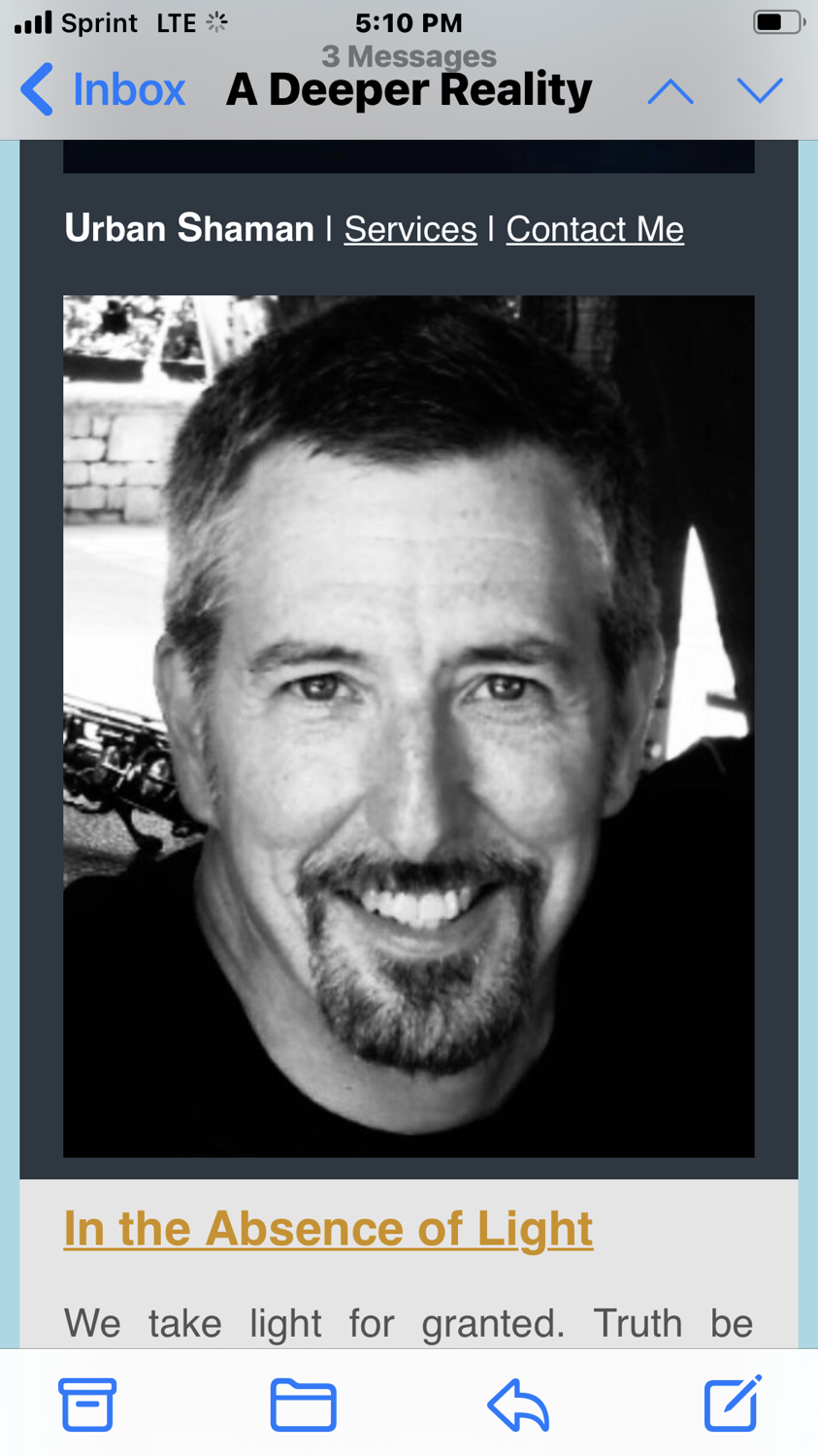De Fati Torquent
 Urban Shaman
Urban Shaman- Feb 14, 2022
- 3 min read

Honestly… is there anyone out there who can totally dismiss the role of fate in the human journey? I think not. It seems to emerge in the form of a siren call, a whispering wind, or an evocative reflection in a stream that captures our attention. That chance meeting with a stranger who says something mysterious and meaningful that echoes in our mind for days, months, or even years. Those moments we first digest as a big mistake, an accident, or a total surprise that later we realize are rife with tidings that point us back to a path we recognize. Ghostly turning points that resonate in that ancient place we all have inside, boundless connections to all that is. These are the ripples in time that can lead us to our destiny.
It is in these primal spaces that act as windows to our souls, we are provided glimpses of the wherefores and whys of what lies within. A hidden blueprint upon which the spotlight of fate periodically flashes, fleetingly revealing a path that is elegantly woven into our journey. When we recognize these instances for what they are—we tilt ever closer to our true purpose. When we don’t, we end up adopting a counterfeit path that leaves us feeling like a pawn being used in someone else’s game. Discordantly wandering… often trading a life of deep meaning for a mirage.
Ironically, embracing fate as part of the mosaic of experiences we have here can also be a disconcerting thought. What do you mean I am not in total control of my life? Are you telling me that much of what we encounter is predetermined? Well… yes, I am. Collisions with fate remind us of this, on a level beyond the conscious realm, we touch upon a feverish dance being played out in the background of our lives. The Fates… Clotho, Lachesis, and Atropos whirling like the Dervish just beyond the spectrum of our eyesight. These white-robed incarnations of destiny showing up on cue to remind, redirect, and even chastise our souls.
And then, there is free will. That place in between fate and destiny that must be processed and weighed by all of us. The cognitive and finite mind vs the infinite and primordial soul. The battleground upon which destiny is won or lost. As we operate from a willful place, we are either moving toward or away from our intended destination. If off-course, the fates operate as navigational correction officers, at times effecting a gentle change in the flow of life’s river, and at other moments conjuring an extreme typhoon, throwing us in a completely different direction, one that we later realize was the correct one.
In “The Soul’s Code” author and psychologist, James Hillman, explores a treasure trove of instances where well-known individuals were stirred by fate. One example follows:
“Consider this event. Amateur night at the Harlem Opera House. A skinny, awkward sixteen-year-old goes fearfully onstage. She is announced to the crowd: The next contestant is a young lady named Ella Fitzgerald…Miss Fitzgerald is gonna dance for us… Hold it. Hold it. Now what’s your problem, honey?... Correction, folks. Miss Fitzgerald has changed her mind. She’s not gonna dance, she’s gonna sing…”
Hillman goes on to share that Ella Fitzgerald gave three encores and won first prize that night. However, “she had meant to dance”.
It is in these enunciative moments of life that a choice presents itself. Our free will is ever present. But the magnetic and mysterious shadow working in the wings is also frequently in attendance. Revealing itself through hints, intuitions, whispers, and sudden urges and oddities that disturb our lives in ways that make the rational mind wobbly. We are not a statistical chance. We are here with purpose. That purpose can and does frequently show up in our lives, it truly has our best interests at heart. Thus the saying “the heart has its reasons”. Fateful moments are there to keep us honest and remind us of that purpose.




Comments